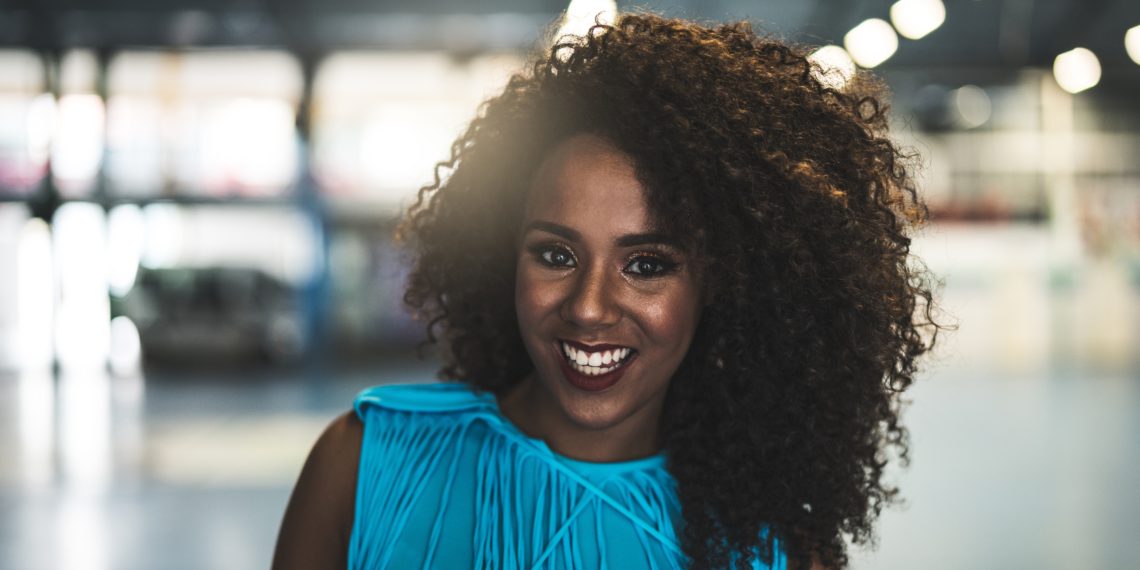Before visiting Morocco, it’s important to have a good understanding of the country and its culture to ensure a smooth and enjoyable trip. Here’s everything you need to know before visiting Morocco:
Location: Morocco is a country located in North Africa, with a coastline on the Atlantic Ocean and the Mediterranean Sea. It shares borders with Algeria to the east and Mauritania to the south.
Language: The official language of Morocco is Darija, which is a mix of the native Amazigh language and some Arabic,. French is also widely spoken and is often used in business and tourism. English is also spoken in many tourist areas.
Climate: Morocco has a diverse climate due to its varied geography, with Mediterranean and desert regions. The coastal areas have a Mediterranean climate with mild winters and hot, dry summers. The interior of the country has a desert climate, with hot, dry summers and cool winters. It’s generally best to visit Morocco between the months of March and May, or September and November, when the weather is most pleasant.
Culture: Morocco has a rich culture that is heavily influenced by its history, with a mix of Arabic, African, and European influences. The country is predominantly Muslim, with a small minority of Jews and Christians. Islam is a significant part of Moroccan culture and daily life, with many customs and traditions based on the religion.
Food: Moroccan cuisine is a blend of Arabic, African, and Mediterranean flavors, with dishes that are often spicy and fragrant. Some popular dishes include tagine, a slow-cooked stew made with meat, vegetables, and spices; couscous, a dish made with semolina wheat and served with a variety of accompaniments; and pastilla, a sweet and savory pastry filled with meat or fish. Moroccan tea, made with mint and served in small glasses, is also a staple of Moroccan culture and is often offered as a gesture of hospitality.
Clothing: In Morocco, it’s important to dress modestly, especially when visiting mosques and other religious sites. For women, this means covering your shoulders and knees, and wearing loose-fitting clothing. Men should also wear loose-fitting clothing and avoid shorts. It’s also a good idea to bring a scarf or shawl to cover your head when visiting religious sites.
Money: The currency in Morocco is the Moroccan dirham (MAD). It’s a good idea to have some cash on hand, as not all places accept credit cards. It’s also a good idea to exchange your money at a bank or official exchange office, as street vendors may offer less favorable exchange rates.
Transportation: Morocco has a good transportation system, with trains, buses, and taxis available for travel. Trains are a convenient and comfortable way to travel between major cities, and buses are a good option for budget travelers. Taxis are also widely available, but it’s important to agree on the price before getting in, as some drivers may try to charge more to tourists.
Safety: Morocco is generally a safe country to visit, but it’s always a good idea to be cautious and aware of your surroundings. Avoid walking alone at night and keep your valuables safe. It’s also a good idea to be respectful of local customs and traditions, as some behaviors that are considered normal in Western countries may be seen as inappropriate in Morocco.
Visas: Depending on your country of origin, you may need a visa to visit Morocco. It’s a good idea to check the requirements for your specific country before planning your trip.
Overall, Morocco is a fascinating and welcoming country with a rich culture and history. By understanding the customs and traditions of the country, dressing modestly, and being aware of your surroundings





